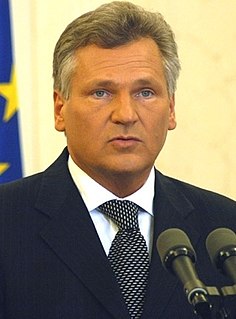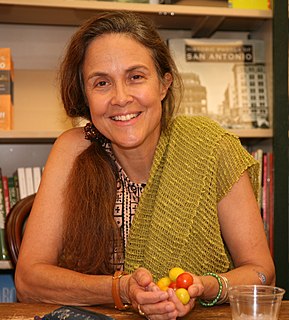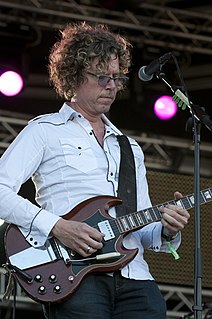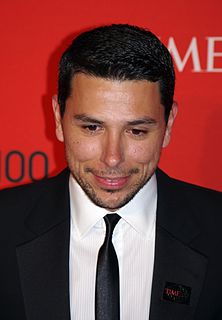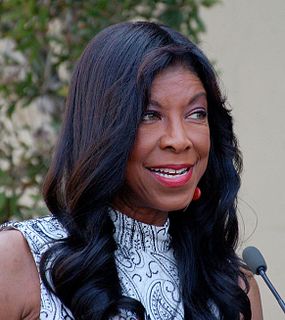A Quote by Condoleezza Rice
I certainly have no regrets about overthrowing Saddam Hussein. I'd do it again. And, yes, there are a lot of things that I think we'd all do differently. Maybe we made some erroneous assumptions about the fabric of the society in Iraq and about the solidity of some of the institutions. And yes, there are a lot of things I would do differently. I'd probably work to rebuild Iraq from the outside in, rather than concentrating so much on Baghdad, for instance.
Related Quotes
I did, I was in Europe a lot. I would say, mid 20s to late 30s. Less so in the last ten or twelve years. Based on some political stuff and other things, I think I'm not the only musician, the only American jazz musician that's not going to Europe quite as much. I think we're seen a little differently in the world, unfortunately, than we were pre-Iraq invasion and things like that.
During the Gulf War, I remember two little third grade girls saying to me - after I read them some poems by writers in Iraq - 'You know, we never thought about there being children in Iraq before.' And I thought, 'Well those poems did their job, because now they'll think about everything a little bit differently.'
There has been a good deal of comment — some of it quite outlandish — about what our postwar requirements might be in Iraq. Some of the higher end predictions we have been hearing recently, such as the notion that it will take several hundred thousand U.S. troops to provide stability in post- Iraq, are wildly off the mark. It is hard to conceive that it would take more forces to provide stability in post-Saddam Iraq than it would take to conduct the war itself and to secure the surrender of Saddam's security forces and his army — hard to imagine.
When you have a lot of time, when you're not working a full-time job, you have a lot of time to question things and think about things. Some of it's about romantic relationships, some of it's about drugs, about religion, about this mass of humanity traveling through life doing all this crazy stuff, not really knowing why or for what.
A lot of (Kyle's) stories when he was back home in Texas, a lot of his own personal opinions about what he was doing in Iraq, how he viewed Iraqis. Some of what people have described as his racist tendencies towards Iraqis and Muslims when he was going on some of these, you know, killing sprees in Iraq on assignment. So I think there are issues... When he was involved in his - on assignments in terms of what he was doing. A lot of the description that has come out from his book and some of the terminology that he has used, people have described as racist.


